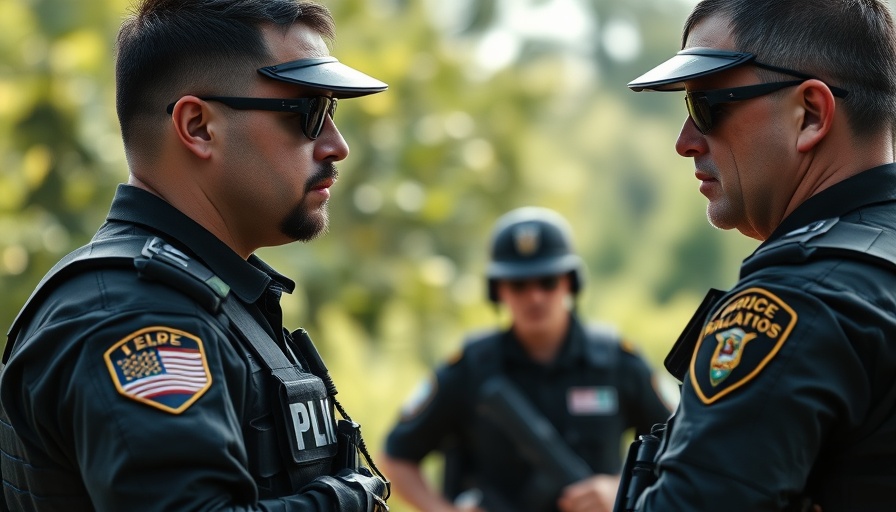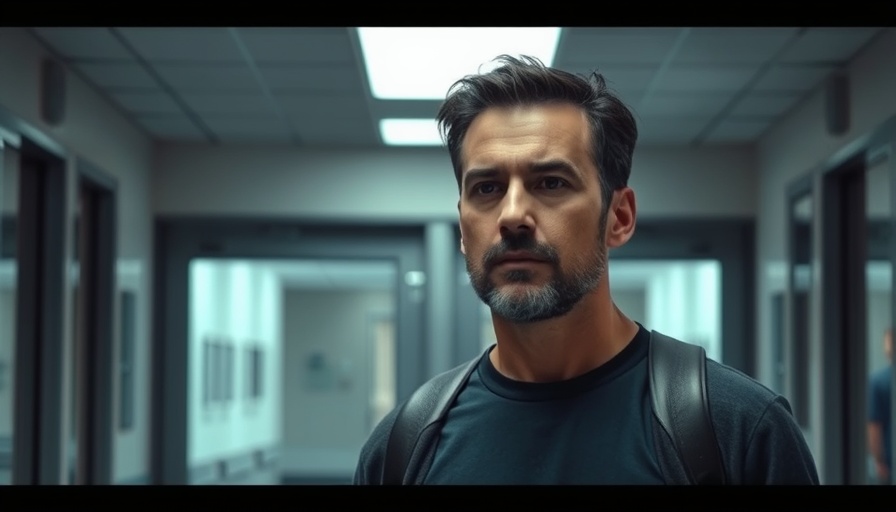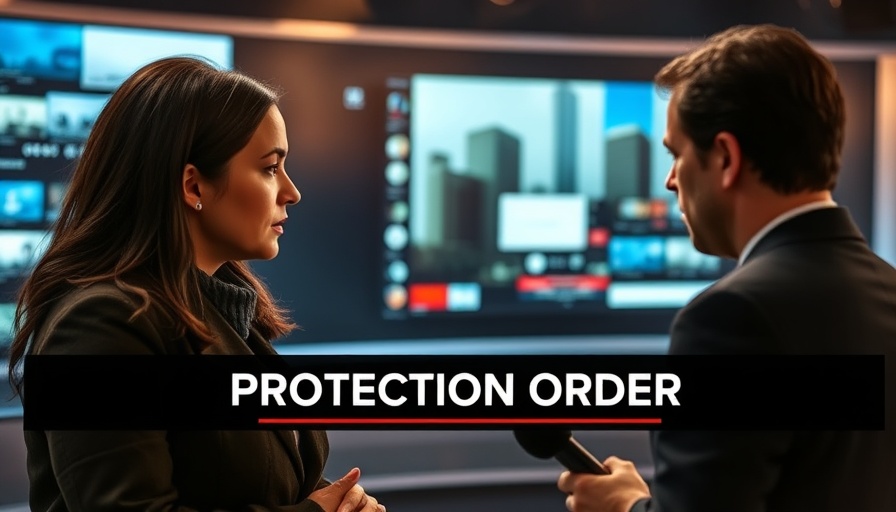
The Pushback Against Armed Forces in Michigan
As the National Guard patrols Washington, D.C., an intense debate surfaces in Michigan regarding the limitations of deploying armed military forces without explicit authorization from state leadership. Fires sparked by recent government actions have ignited a discussion among Michigan lawmakers, highlighting the balance between public safety and overreach of executive power.
In 'The Edge | Aug. 22, 2025,' the video discusses Michigan's legislative response to military presence, prompting a deeper look into the implications of this bill.
What’s on the Table?
Following a controversial deployment of federal troops aimed at combatting violent crime in the capital, Representative Laurie Pohutsky of Livonia introduced House Bill 4796. This bill seeks to limit military intervention in Michigan, requiring state approval from Governor Gretchen Whitmer.
This legislative effort, however, has drawn sharp criticism from Republican leaders who argue that it contradicts constitutional mandates and diminishes the state’s ability to respond swiftly to rising crime rates.
The Irony of Executive Power
The bill's introduction has fueled bipartisan discourse on the intricacies of governance and emergency powers. Notably, criticisms are thrown between party lines, with some Republican members reflecting on their previously-held views regarding authoritarianism during the COVID-19 pandemic. It raises the question: is the restriction of military deployment a means of protection or a step towards overreaching state control?
A Broader Conversation on Public Safety
Despite the contention surrounding House Bill 4796, there are pressing issues facing lawmakers, including school budgets and public education allocations. The state budget continues to dominate discussions as lawmakers try to align on pressing educational needs before the new school year. With such significant issues at hand, some representatives express surprise at the attention drawn to the military deployment proposal, suggesting that more critical matters should take precedence.
Culminating Public Concerns
The legislative tussle raises concerns about the role of the government in safeguarding citizens. Michigan residents remain watchful over public safety initiatives, particularly amid escalating crime rates in urban areas. Is this proposed legislation an appropriate step toward preventing potential abuses of power, or does it hinder necessary action for citizen protection? As political leaders navigate this issue, the stakes in Detroit and beyond have never been higher.
Relevant Local Cases and Community Sentiments
A disturbing crime in Auburn Hills serves as a stark reminder of the need for adequate public safety measures. In a case that left a 17-year-old girl violated by an explicit note left on her vehicle, the accused, 38-year-old Thomas Hensler, is facing significant prison time as a repeat offender. Prosecutors emphasize the importance of holding individuals accountable to protect vulnerable community members.
Moreover, the West Nile virus outbreak adds another layer of concern for public health in Michigan, prompting health officials to issue alerts and recommendations aimed at preventing transmission. Such public health crises highlight the multifaceted challenges that the state government must navigate as it seeks to protect its citizens while preventing unnecessary overreach.
Taking a Stand: What This Means for Michigan
The ongoing discussion surrounding the deployment of military forces intertwines with concerns on crime, public safety, and government accountability. As the political landscape shifts and community safety remains a focal point, it is imperative that Michigan residents stay informed about changes in legislation and how it might impact their daily lives.
With negotiations over the parameters of these bills and ongoing discussions regarding public safety, it’s essential for the public to engage and make their voices heard on these critical issues. Understanding where your representatives stand on topics affecting public safety and governance is crucial to shaping a balanced, representative state.
 Add Row
Add Row  Add
Add 



Write A Comment